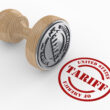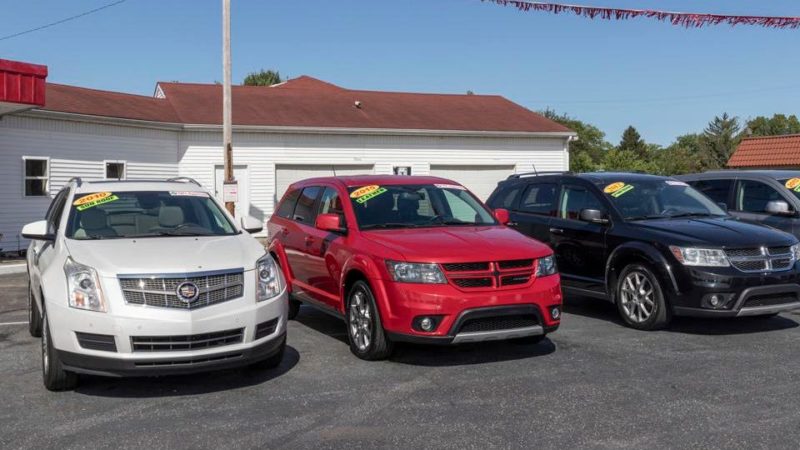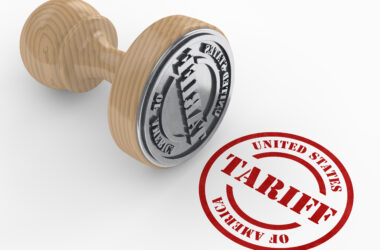As the shot clock runs out on March, the promise of a strong first quarter of used car sales appears to be fading.
After retail sales were up 1 percent through most of March, the more recent trends from Cox Automotive show decreasing sales. In the bi-weekly Cox Automotive Auto Market Report, Dealertrack numbers show used retail sales were down 17 percent year over year for last week.
“That promising start to 2023 has now turned into worries that we won’t even see a normal demand for the rest of the spring.”
Jonathan Smoke, Cox Automotive Chief Economist
“That promising start to 2023 has now turned into worries that we won’t even see a normal demand for the rest of the spring,” said Cox Automotive Chief Economist Jonathan Smoke. “Multiple factors are causing this starting with the fact that tax refunds are now down compared to last year in total dollars dispersed and an average refunds. We’ve continued to see wholesale prices go up, and now we’re seeing retail prices go and that of course is hurting affordability. But what’s hurting affordability even more is the rise in interest rates, which continue so much that the average used vehicle rate is 1.75 since the beginning of the year.”
Tax refunds are running 4 percent ahead of last year, but the amount of the refunds are down 11 percent from last year. The average refund is $2,933.
“Tax season is failing to provide the lift we usually see, especially in the used market,” Smoke said.
As the Federal Reserve announced another hike of 25 basis points last week, auto interest rates have continued to soar. Cox shows the volume weighted used auto loan rate is up 26 basis points in March to 13.99 percent and is up 377 basis points from a year ago.
“That change in auto rates causes payments to increase by 11.3 percent,” Smoke said.
As pointed out in Cox Automotive’s first quarter report, federal rates are expected to rise another 25 basis points before reaching the terminal rates.
Along with increasing interest rates, vehicle prices are also on the rise.
“The average model years 2020 wholesale price increased 0.4 percent last week and the average retail price increased 0.3 percent,” Smoke said. “Both increased 0.8 percent in the last two weeks.”
Smoke pointed out leads were down, according to Autotrader and Kelly Blue Book. Credit applications on Dealertrack are also down 13 percent year over year.
“We really need to see retail prices display normal price depreciation as well as see interest rates peak and start to come down,” Smoke said. “Neither of those things are likely to happen this spring.”










